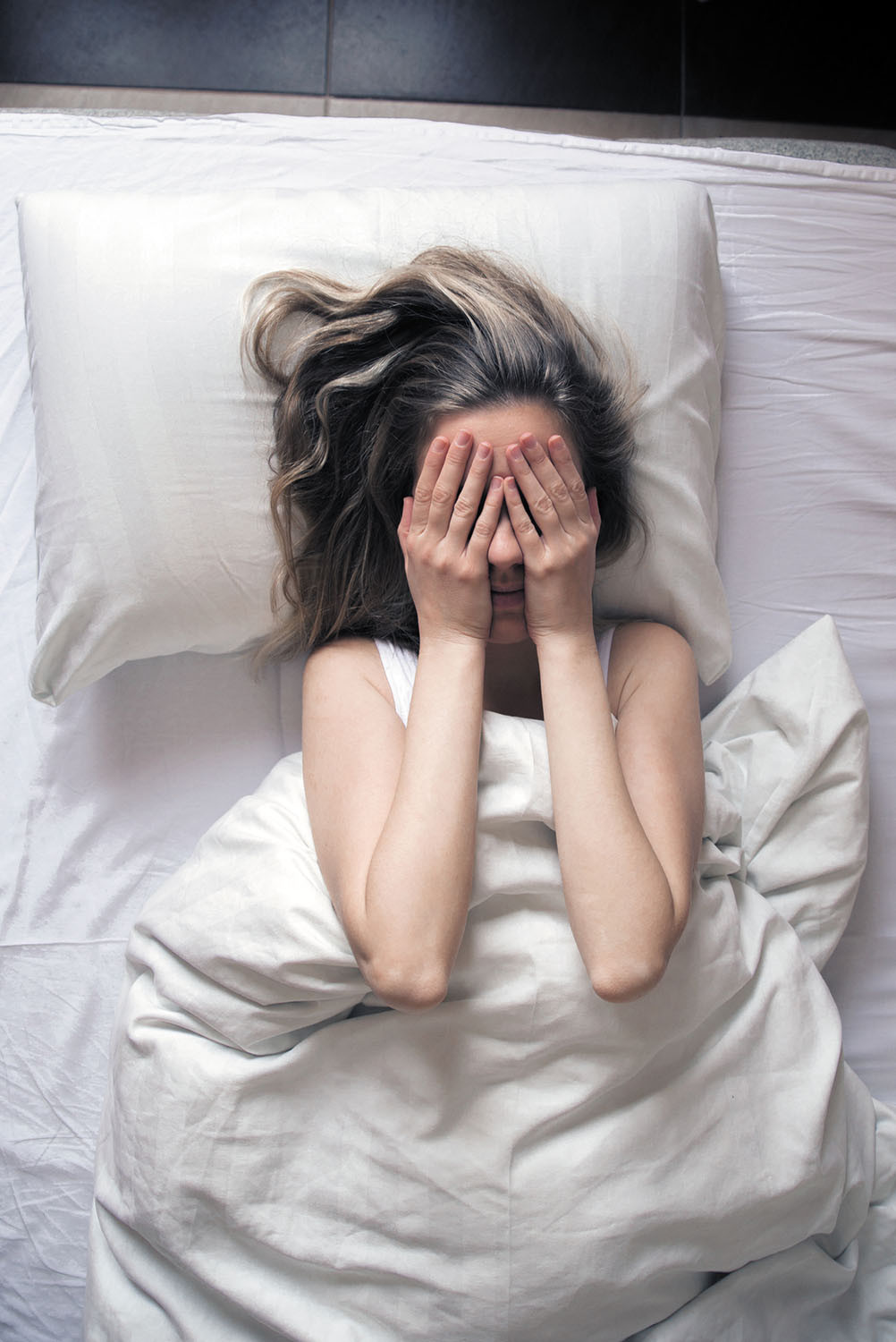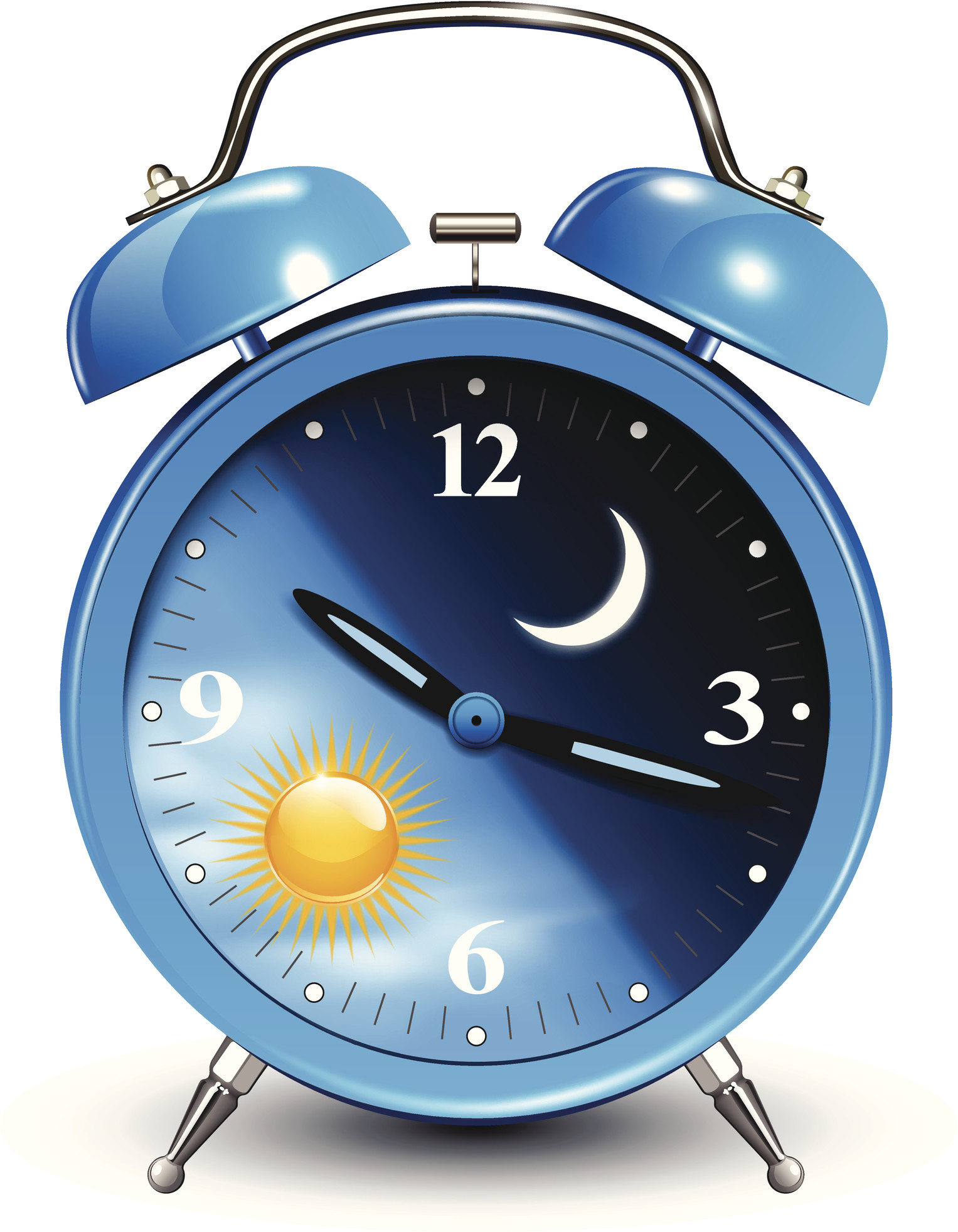
Zinc: What it does for the body, and the best food sources

Respiratory health harms often follow flooding: Taking these steps can help

Tips to leverage neuroplasticity to maintain cognitive fitness as you age

Can white noise really help you sleep better?

Celiac disease: Exploring four myths

What is prostatitis and how is it treated?

What is Cushing syndrome?

Exercises to relieve joint pain

Think your child has ADHD? What your pediatrician can do

Foam roller: Could you benefit from this massage tool?
Sleep Archive
Articles
Irregular sleep patterns may be harmful to your heart
Research we're watching
Having a regular bedtime isn't just good for kids; it may also benefit the health of older adults. A study published online March 2 by the Journal of the American College of Cardiology found that older adults with an irregular sleep schedule had nearly double the risk of developing cardiovascular disease compared with those who had a regular sleep schedule.
Researchers selected nearly 2,000 men and women, ages 45 to 84, who did not have cardiovascular disease. At the outset of the study, all participants underwent a sleep examination that included a questionnaire, an at-home overnight sleep test, and seven days of monitoring with a device worn on the wrist that tracked sleep patterns. Over the following five years, the participants with the most irregular sleep patterns had more than twice the rate of heart attack, stroke, or death from cardiovascular disease compared with those who had the most regular sleep patterns. The increased risk of experiencing one of these events persisted in the irregular sleepers even after study authors adjusted for cardiovascular risk factors, average sleep duration, and other sleep problems, such as obstructive sleep apnea.
Can hot baths protect your heart?
News briefs
Taking a warm bath helps soothe aching joints, wash away stress, and promote sleep. Now, a study published online March 24, 2020, by the journal Heart suggests that daily hot baths are also associated with better heart health. Researchers analyzed self-reported health and lifestyle information from more than 30,000 middle-aged people in Japan. Participants responded to a questionnaire at the start of the study and were then followed for about 20 years. Compared with people who didn't take a tub bath more than twice a week, people who took a daily warm or hot bath had a 28% lower risk of cardiovascular disease and a 26% lower risk of stroke. The study is only observational and doesn't prove that daily tub bathing staves off heart problems. But previous research has shown that the effects of tub bathing on the body are similar to those of exercise. Use caution, however: taking baths in very hot water is also tied to sudden death due to overheating, confusion, or drowning. If you're going to take a bath, keep the temperature comfortable and don't risk overheating. Finally, this study says nothing about the possible cardiovascular benefits of hot showers.
Image: © JohnnyGreig/Getty Images
In search of sleep
Many women making the transition to menopause have trouble sleeping. Several strategies can help you get the rest you need.
If you're a woman of a certain age and you often find yourself staring at the ceiling in the middle of the night, you're not alone. The years leading up to menopause and the period that immediately follows are the times that women are most likely to report problems sleeping, according to the National Sleep Foundation. Many different conditions that are common in this stage of life — including hot flashes, obstructive sleep apnea, and mood disorders such as depression or anxiety — can cause sleep problems.
Lack of sleep is more than just a nuisance. "We now understand that high-quality sleep is absolutely vital to good health," says Dr. JoAnn E. Manson, the Michael and Lee Bell Professor of Women's Health at Harvard Medical School. This means that seeking care should be a priority if you are experiencing problems.
Why your sleep and wake cycles affect your mood
The body’s circadian rhythm controls our sleep-wake cycle, so an irregular rhythm can negatively affect sleep and proper functioning, which can lead to health problems including mood disorders. The tendency to rise early or stay up late is genetically determined, but you may be able to adjust your life to better match your circadian rhythm.
5 ways to prevent a heart attack
These are the most effective ways to protect yourself.
Here are some alarming statistics about heart attacks:
- Every 40 seconds, someone in the United States has a heart attack.
- Every year, about 805,000 Americans have heart attacks, 75% of which are first-time attacks.
- The average age of a first heart attack among men: 65.
However, the most troubling fact about heart attacks is that many people don't take steps to protect themselves, says Dr. Deepak L. Bhatt, executive director of interventional cardiovascular programs at Harvard-affiliated Brigham and Women's Hospital Heart & Vascular Center. "Reducing your risk of cardiovascular disease is the best way to guard against heart attacks," he says. "There are simple ways to do this, but unfortunately, many people still don't follow them as they should."
Here's a look at five ways you can protect yourself from cardiovascular disease, and thus possible heart attacks, and avoid being another statistic.
7 common causes of forgetfulness
Memory slips are aggravating, frustrating, and sometimes worrisome. When they happen more than they should, they can trigger fears of looming dementia or Alzheimer’s disease. But there are some treatable causes of forgetfulness.
Will a good night’s sleep help my heart?
Millions of Americans have trouble sleeping, a factor that is key to cardiovascular health. Two recent studies examined the relationship between sleep and heart health, and between sleep and dietary choices.
Older adults and medical marijuana: Reduced stigma and increased use
Cannabis use among older adults has been steadily increasing, due to lessening stigma and increased interest in using medical marijuana. But there are specific concerns for older people, so anyone considering this option should have a conversation with their doctor weighing the benefits and risks.
Strategies to promote better sleep in these uncertain times
5 steps to long-lasting independent living
Here's how to maintain your current active lifestyle.
Older adults want to enjoy their independent living as long as possible. Yet this can become a challenge as people face more health issues.
"Most life changes that cause older adults to lose some or all of their independence occur either gradually or suddenly," says Dr. Jennifer Rhodes-Kropf, a primary care geriatrician at Harvard-affiliated Hebrew SeniorLife's Center Communities of Brookline, Mass. "You need to stay on top of critical areas that can jeopardize your health and lifestyle."

Zinc: What it does for the body, and the best food sources

Respiratory health harms often follow flooding: Taking these steps can help

Tips to leverage neuroplasticity to maintain cognitive fitness as you age

Can white noise really help you sleep better?

Celiac disease: Exploring four myths

What is prostatitis and how is it treated?

What is Cushing syndrome?

Exercises to relieve joint pain

Think your child has ADHD? What your pediatrician can do

Foam roller: Could you benefit from this massage tool?
Free Healthbeat Signup
Get the latest in health news delivered to your inbox!
Sign Up











